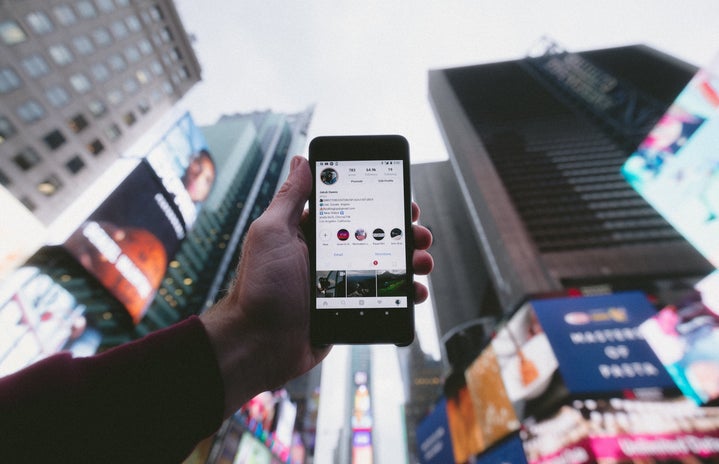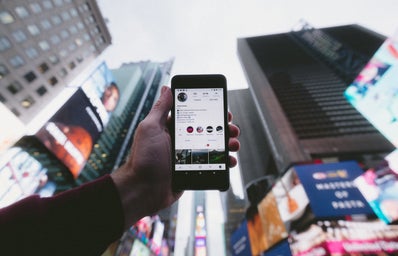In class, we talked about #MeToo. If you post either “Me too.” or “#MeToo” it is meant to signify that you are a victim of either sexual assault or sexual harassment. The rationale behind sharing this is to give people who might be unaware a scope of the issue of sexual violence in our country. My professor, a woman, said:
“I mean, me too, but…”
She left the sentence dangling in the air for a few seconds. How do you finish a sentence with so many possible endings? There are so many “buts,” too many to make me feel comfortable.The past two days, I’ve watched this hashtag circulate around social media. I participated, but there was still this unsettled feeling within me. There is something empowering about the universality of the female experience that was expressed in this movement. Women from every race, religion, political, and social background participated. However, if I was supposed to feel so empowered by this sisterhood, why did I still feel stagnant and stuck? I decided to explore this and complete this sentence.
Me too, but…
The #MeToo movement was created by a black woman 10 years ago. The original purpose of the campaign was to create a “catchphrase” which could be used survivor to survivor to let them feel like they aren’t alone. It was only made popular because white actress, Alyssa Milano, used it via twitter. This essentially whitewashed the campaign and made it something viral and about exposure, rather than about survivor to survivor relationships. It, implicitly, made this more about men and less about women affected by assault and harassment.
Me too, but…
Where are all the men that have done the abusing? All I see are the survivors. Why is it that women always have to make themselves hypervisible? When a rape victim decides to pursue legal action against her attacker, she is always put in the spotlight. This is a ploy to take attention off of the attacker. The campaign is reminiscent of this legal trauma. The burden is, once again, put on women to come forward and prove what has happened to us. Men need to take responsibility collectively for violence and stop violating our bodies. You need to come forward and make yourselves present in the same way that we did in this movement. Stop fucking raping us.
Me too, but…
How many women did not feel comfortable enough to step forward? This hashtag does not represent the full scope of the problem. Half of women in the United States will be sexually assaulted in their lifetime. This does not account for verbal harassment. Despite the fact that this crime affects more than a quarter of our population, it is also our most underreported crime. This hashtag also did not account for demographics. Women of color are much more likely to be assaulted. Rape affects all women, but we need to remember that women of color are much more likely to be affected. #MeToo does not account for that inequity.
Me too, but…
Why do men need a hashtag and a viral movement to believe us? Men need to stop talking and start listening, regardless of social media campaigns. They should have been doing it in the first place. This hashtag makes it seem like we are solving a problem, but the truth is, we are just drawing attention to more problems. Men, start being accountable for not only your actions, but the actions of all men that you surround yourself with. Most importantly, listen when women talk, whether it’s with a bullhorn, a keyboard, and a soft whisper. We know the issues that affect us and our bodies better than you do. Make this movement manifest in daily life. Don’t let it end here.
And there are so, so, so many more…
Share your “me too, but..” in the comments.

